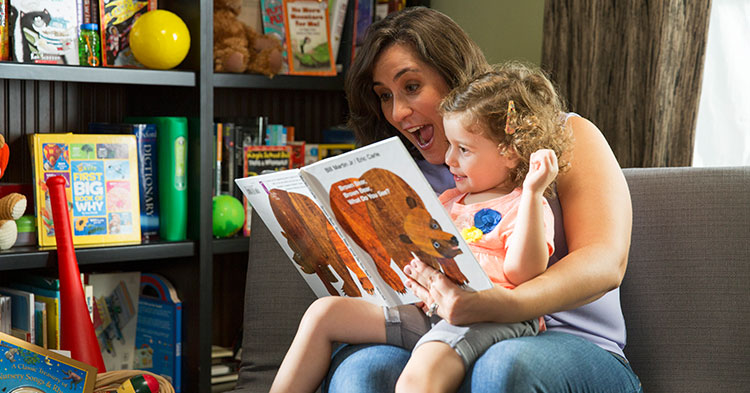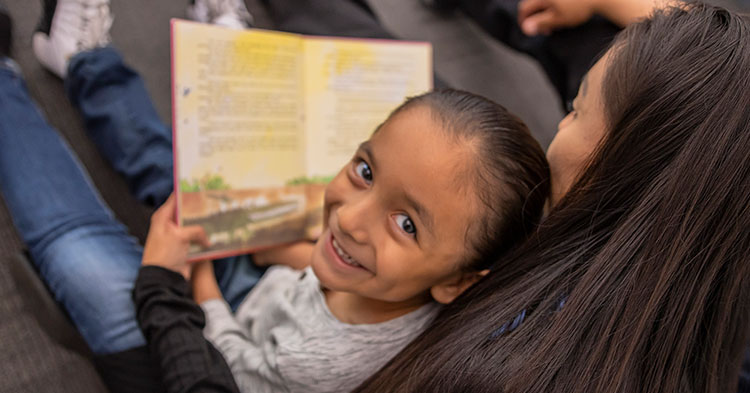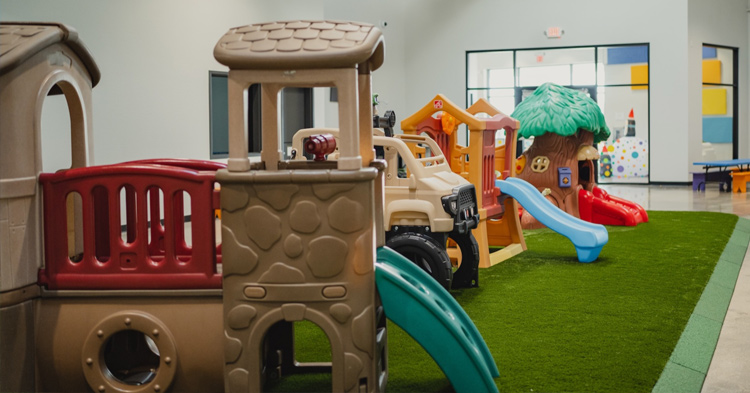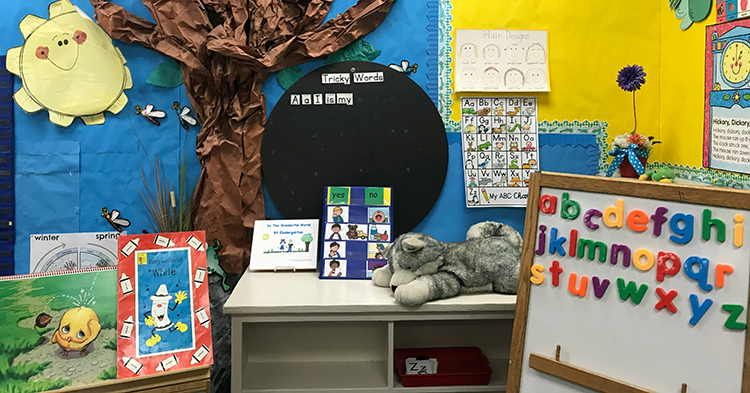
Parenting is a lifelong journey. For parents of babies, toddlers and preschoolers, that journey is supported through an understanding that the first five years of a child’s life are critical because of how fast the brain is growing and developing.
First Things First, Arizona’s early childhood agency, funds the Parenting Education Strategy to support parents during this pivotal time, “by providing them knowledge, skills and resources to help them nurture their child’s development and help them navigate challenges in today’s world,” said Katherine Willard, FTF senior director of family support and literacy.
This comes in the form of a series of classes on a variety of parenting topics. These range from incorporating literacy strategies at home or classes that focus on the ages and stages of a child’s development and what parents can expect from their child at that age. These group classes are led by trained parent educators.
For many parents, “parenting comes from how you were parented,” Willard said. She points out that there are differences between generations and how children are being raised today. For example, a class today could include how to limit screen time for preschoolers. Or how to set healthy boundaries around rules in the home.
Strategies to raise today’s children
“The idea of parenting education is to provide a space for parents to learn strategies to cope with raising young children in today’s society,” Willard said. “And to learn strategies to be their child’s first and best teacher. In the first five years of life, the most fundamental learning takes place in the home.”
At a recent FTF Board meeting, FTF’s research and evaluation team shared data findings for the Parenting Education Strategy in two main areas: positive parenting and language and literacy skills.
Specific results were shared for the Raising A Reader program, which focuses on promoting early literacy skills that encourage parents and caregivers to engage in reading activities to create positive reading habits at home.
 Parents also spent more time sharing books and their children showed increased enjoyment of reading.
Parents also spent more time sharing books and their children showed increased enjoyment of reading.
“Some parents come from households where they were never read to,” Willard said. “These classes show parents how to share books with their children. For parents who were never read to, this feels strange and silly and foreign. But over time, throughout the series of classes, they learn and get a chance to be with other parents, then they start implementing these strategies in their own home.”
Data shows increased knowledge
Data also showed that the strategy helped increase parents’ knowledge and skills around positive parenting. Following participation in the programs, caregivers reported a decreased use of coercive parenting techniques. Instead they increased positive encouragement. Parents said they used rewards, praise and focused attention when their child showed positive behavior.
For example, “if your child is biting other children, let us show you how to appropriately deal with that. If your child is fighting with his or her siblings, let us help you,” Willard said. The classes encourage parents to share their stress points.
For some, participating in the Active Parenting: First Five Years classes helps them reflect on their own childhood experiences. One father shared that the methods his father used on him caused him emotional and physical pain. He shared with the parenting educator that he realized that his approach to parenting could improve, according to a program report. In the past, this father had prioritized providing material support for his children because he didn’t want to be like his dad. But he overlooked establishing essential rules and boundaries.
Now, as a father with older and younger children, he said he is “striving to create a nurturing environment for his young children that fosters both independence and discipline.”
Another report detailed how a caregiver said she benefited from the Triple P Parenting Education series. The caregiver said she used physical discipline and yelling to manage her 2-year-old child’s lack of listening and obedience.
The classes helped her with redirection techniques and setting clear expectations with her toddler, demonstrating a positive shift in her parenting approach.
“One of the main goals is helping parents feel confident in their role as their child’s teacher,” Willard said. “They feel more confident setting boundaries, sharing books, setting routines and dealing with undesirable behavior.”
Having a healthier outlook on life, in turn, helps parents feel better about coping with the demands of parenting, Willard said.
“There’s no parenting manual handed out when you become a parent,” she said. “So here’s the opportunity for parents to come learn from parent educators, from one another and create social connections and discover different ways to help them in this role. It’s essential and amazing.”




